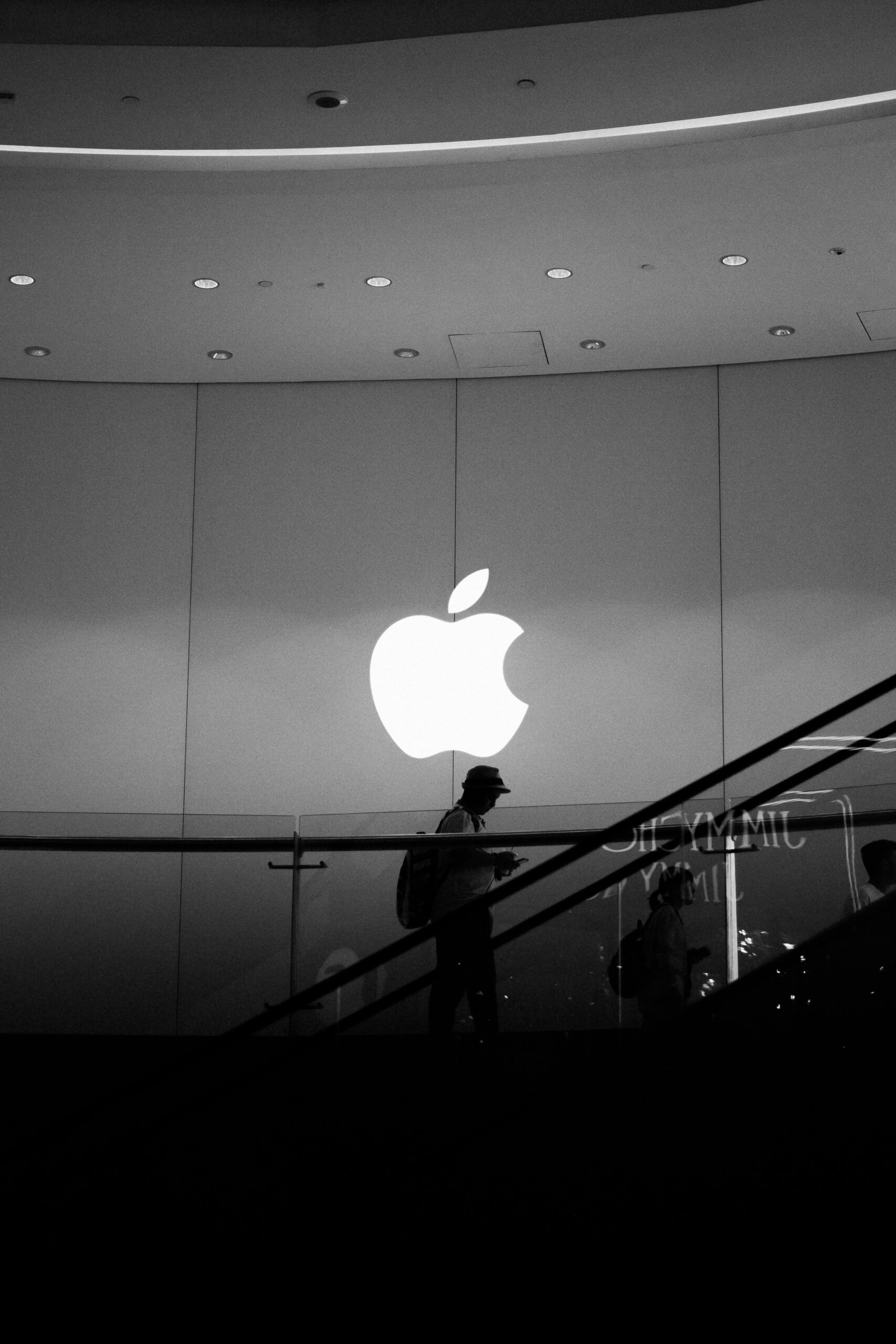Brand Psychology 101 is a series of short articles written by Ojasvin Nagpal, a business associate and consultant, capturing and bringing to light the unique and interesting ways brands often leverage the consumer’s subconscious thinking patterns and psychological wants/needs in order to sell their products.
What do BMW and Apple have in common?
Besides the obvious—being leading brands that make expensive products having an excellent build quality—they both advertise their products to the masses.This feels a bit bizarre, doesn’t it?
Why would brands which can only be afforded by a select few try to appeal to everyone? Wouldn’t they save resources by targeting only those who can afford their products?
The answer—as has been the case over the last few issues of this newsletter—requires us to dig into human psychology. The thing about human desires is that they are mimetic. That is, we tend to desire things that are coveted by those around us.
BMW and Apple are obviously aware of this.
They know that advertising their products to the masses would maximise demand.
The more people from our social circles covet BMWs and iPhones, the more we’d desire them, too. The logic is that possessing something everyone else desires would elevate our social status.
Now, BMW and Apple have turned into status symbols only because they are coveted by all but possessed by only a few. And, this has only happened because their products are advertised to everyone. If the non-buyers had not been conditioned to appreciate these products, the buyers wouldn’t have garnered any social mileage for having purchased them.
This would have eliminated their primary incentive for buying these products and adversely impacted business.
Words by Ojasvin Nagpal
Images via Unsplash





